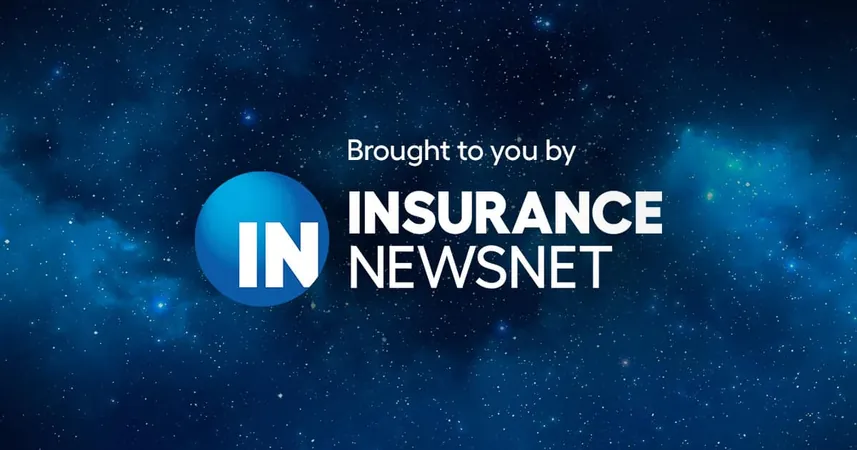
ALARMING TREND: YOUNG PEOPLE EMBRACING INSURANCE FRAUD
2025-09-02
Author: Ming
Young Adults and Insurance Fraud: A Troubling Connection
A groundbreaking study from the University of Georgia reveals a startling trend: younger generations, particularly those under 34, are increasingly open to committing insurance fraud, often without realizing the gravity of their actions.
The research suggests that Millennials and Gen Z may perceive deception in insurance claims as a risk-free solution to financial struggles. Brenda Cude, the study's lead author, explains, "Many young people harbor an adversarial mindset towards insurance companies, often feeling justified in their dishonesty." This attitude may lead them to actions they wouldn't typically consider, unaware that they're actually breaking the law.
Shocking Statistics: 40% of Young Adults Unbothered by Fraud
According to the Coalition Against Insurance Fraud, which surveyed nearly 1,500 adults, about 40% of respondents aged 25 to 34 showed no qualms about engaging in fraudulent practices. These include overstating damages in claims or providing false details on applications for better rates.
Young individuals often rationalize these behaviors, viewing them as clever tactics to save money or assist a friend in dire need. Cude notes, "Younger adults may perceive insurance as just a faceless corporation, leading them to believe that their dishonest acts won't harm real people."
Generational Divide: Ethics and Morality at Play
The study also uncovers a significant generational gap in attitudes toward fraud. While only about 5% of adults over 55 felt comfortable with dishonest claims, younger generations seem to lack a robust ethical framework. Many young people only reconsider their stance on fraud when they face potential severe consequences.
Cude suggests this points to a situational approach to ethics among the youth—actions are often justified if they feel personally wronged by the system. "The younger generation may not be troubled by bending the rules if they believe they are getting cheated themselves," she asserts.
A Distrustful Relationship: Understanding the Root Causes
The underlying sentiment towards insurance companies is largely negative across all age groups, which only fuels this trend. However, young adults often don't fully understand what constitutes fraud or the wider ramifications of their actions.
Cude emphasizes, "We need to rethink our strategies for educating younger generations about insurance fraud. Experience is essential, but so is a deeper understanding of the insurance landscape—what is legitimate and what crosses the line into fraud."
The Way Forward: Education is Key
To combat this rising trend, educational initiatives that clarify the workings of insurance and highlight the consequences of fraudulent claims are essential. By bridging the knowledge gap, we can foster a stronger sense of responsibility and ethics among young policyholders.



 Brasil (PT)
Brasil (PT)
 Canada (EN)
Canada (EN)
 Chile (ES)
Chile (ES)
 Česko (CS)
Česko (CS)
 대한민국 (KO)
대한민국 (KO)
 España (ES)
España (ES)
 France (FR)
France (FR)
 Hong Kong (EN)
Hong Kong (EN)
 Italia (IT)
Italia (IT)
 日本 (JA)
日本 (JA)
 Magyarország (HU)
Magyarország (HU)
 Norge (NO)
Norge (NO)
 Polska (PL)
Polska (PL)
 Schweiz (DE)
Schweiz (DE)
 Singapore (EN)
Singapore (EN)
 Sverige (SV)
Sverige (SV)
 Suomi (FI)
Suomi (FI)
 Türkiye (TR)
Türkiye (TR)
 الإمارات العربية المتحدة (AR)
الإمارات العربية المتحدة (AR)